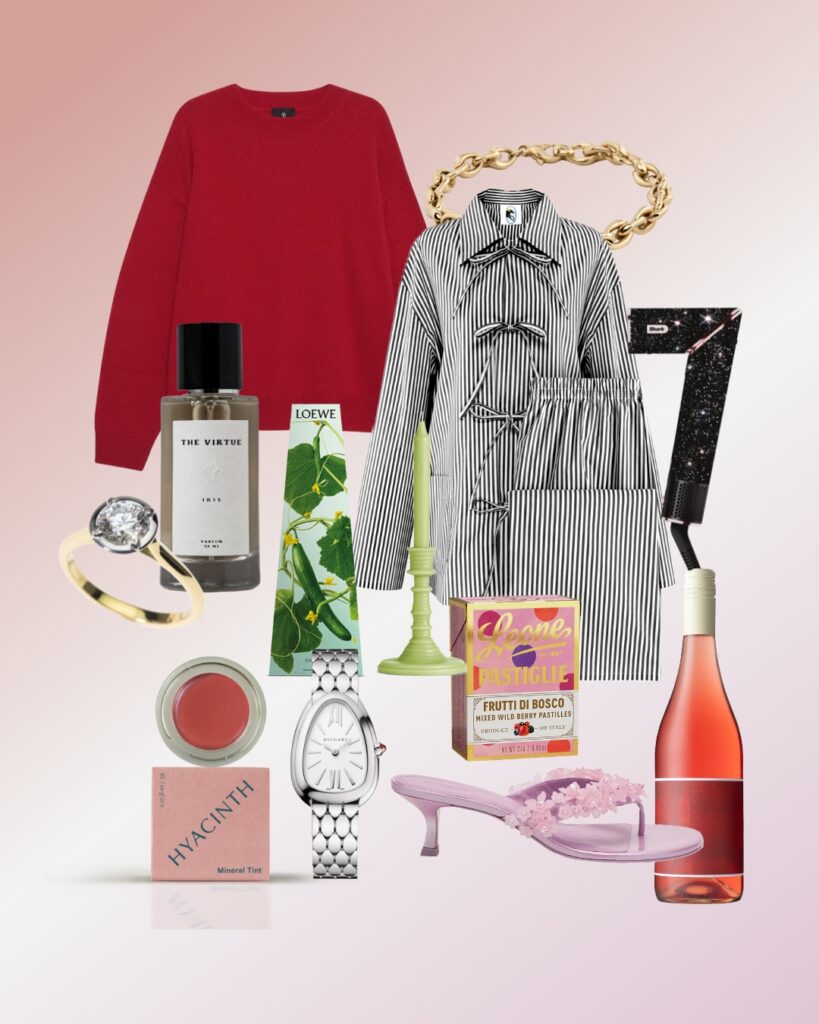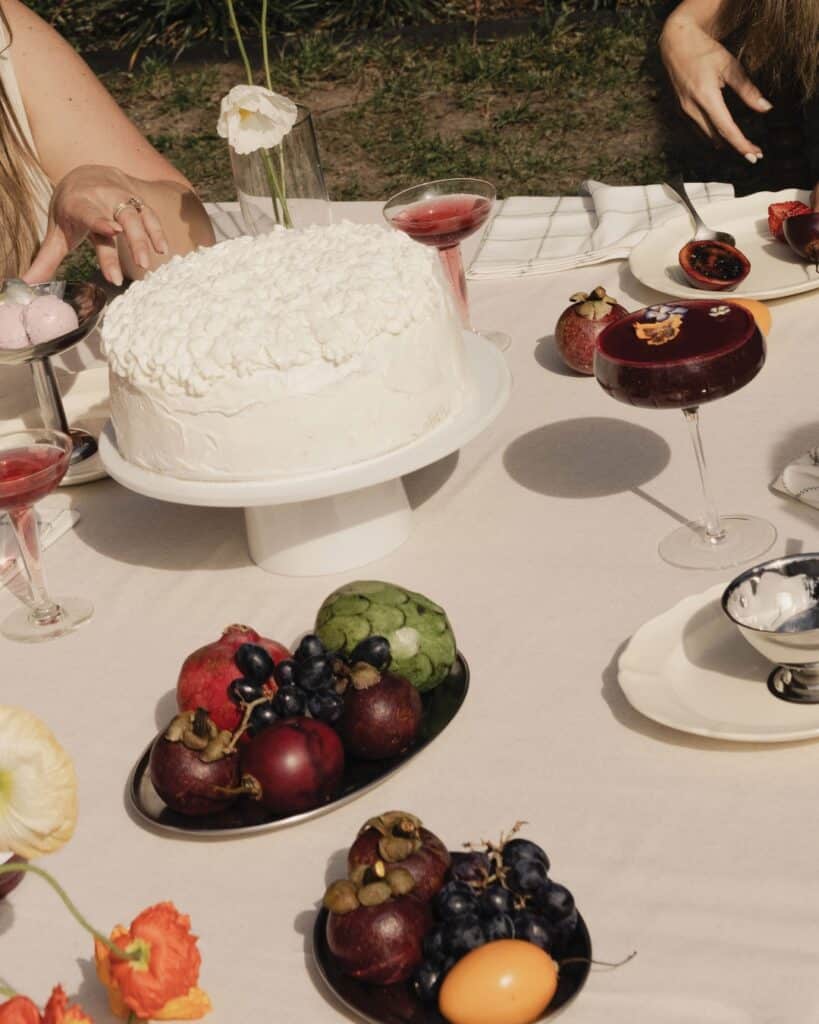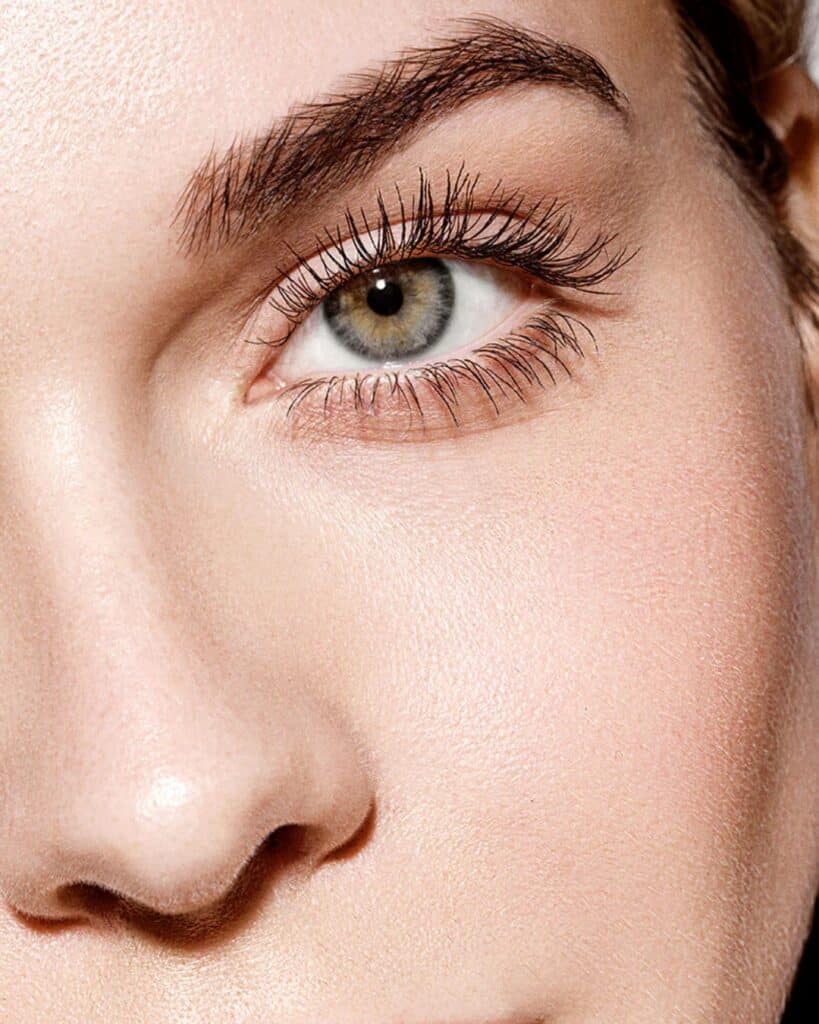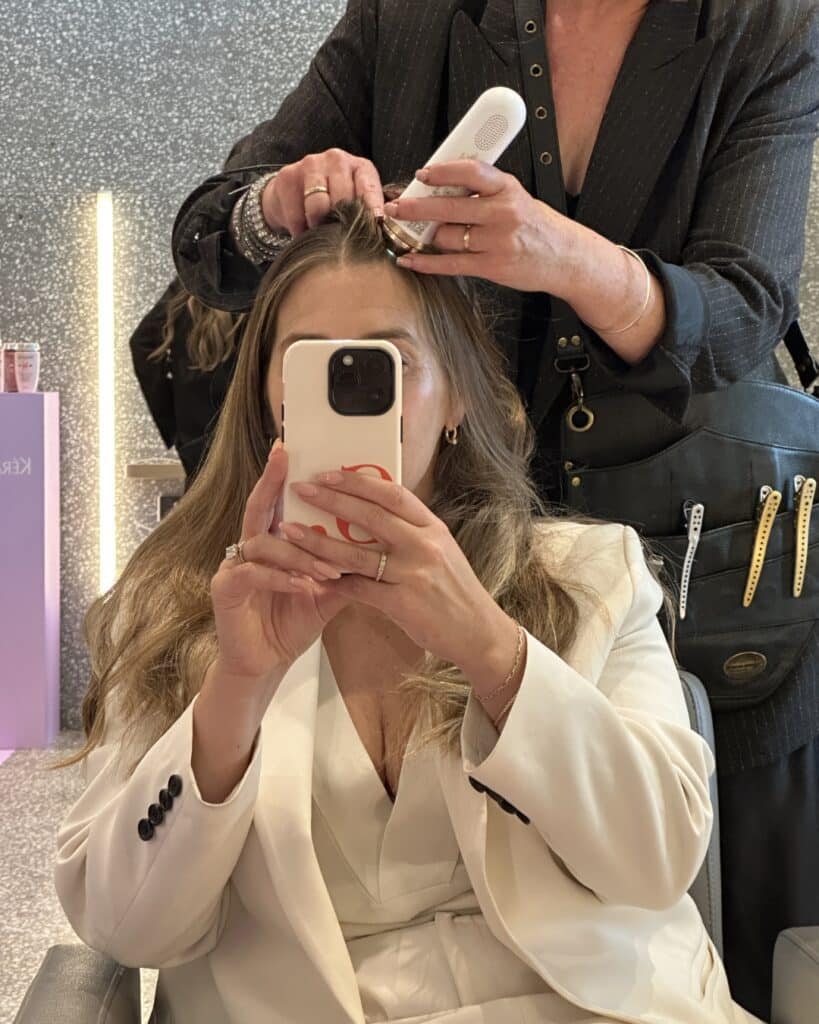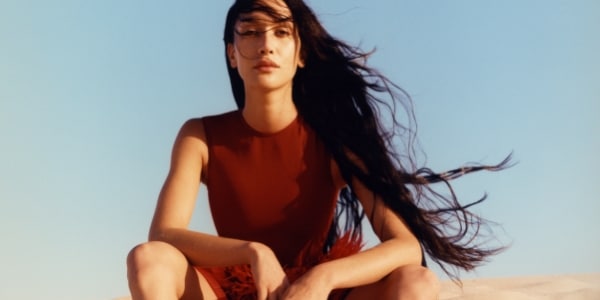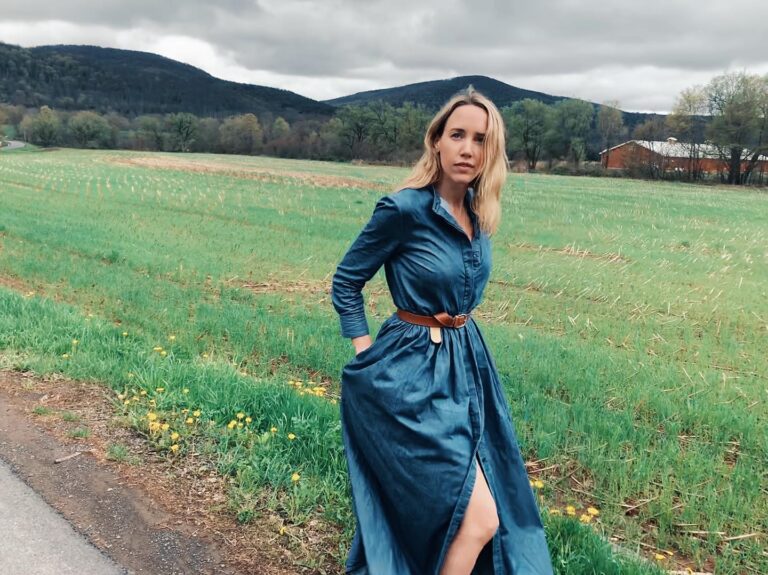
When I speak to former magazine editor Olivia Fleming via video link, it’s a crisp winter’s day in upstate New York. She’s at home sitting on a rattan chair wearing a cream-toned woollen sweater. Her style is as effortlessly chic as her surroundings — and her Instagram feed.
As we talk, our conversation comes full circle. Born and bred in Aotearoa, Fleming started her career in magazines at Fashion Quarterly, first as an intern while studying journalism at Auckland University of Technology, then full-time as Editorial Assistant. Today, she’s a partner and Head of Content at The Helm, a female-founded venture capital firm. Some might find it unusual that the former Features Editor of Harper’s Bazaar is now making her mark in the private equity space, but after talking to her for almost an hour, it makes sense.
Fleming always had a desire to work in female-led spaces. She always wanted to be in magazines, to work in publishing and women’s media. She recalls being 10 years old and watching a TV show on which Nina García, then an editor at US Marie Claire, showed how the magazine was put together. “They were the tastemakers… the gatekeepers to what was fresh and interesting,” says Fleming. “As someone who’s very opinionated and devours everything new in design, that felt like a good career fit.”
Moving from Auckland to New York, then Sydney, then New York again, Fleming found her niche in the magazine industry, working on staff at the Australian Women’s Weekly and MailOnline, and freelancing for Vogue, Elle, Condé Nast Traveler and the New York Observer. She started out by getting a taste of everything from styling to photography, but grew to love storytelling the most. “Initially, those stories were told through visual images,” she says. “I worked for Judith Cook — Australia’s Grace Coddington — in Sydney, which was very formative. She was an incredible mentor. I learned how to tell stories through images — through fashion, through photography — and eventually moved into telling stories through words.”
Although Fleming has profiled big names like Khloé Kardashian and Paris Hilton, it’s the changemakers, including activists such as Gloria Steinem, that she says she’s the most excited about. “I wanted to tell people’s stories, stories that weren’t being told. I was able to do that at Harper’s Bazaar, and it was incredible to have a platform to shine a light on everything from reproductive rights and how hard it is to be a new mum back at work with no federally mandated maternity leave, to gun violence in America. I was able to imbue politics into the magazine in a way that hadn’t been done for a while.”
Talking to Fleming, I note how articulate and accomplished she is. She speaks with conviction about issues involving women, and it’s this passion for amplifying their voices that has far surpassed her initial pull towards the world of women’s magazines. She was part of the team who helped to unionise publishing giant Hearst Magazines. Speaking of that experience, she says, “We wanted greater transparency from the company. We wanted more diverse hiring practices. We wanted to hold the company accountable. For example, maternity leave at Hearst before we unionised was six weeks of ‘hospital leave’, and if you didn’t give birth to the baby yourself, you were out of luck. Now Hearst employees [mums and dads] get about 16 weeks fully paid leave. That’s something I’m really proud of.”
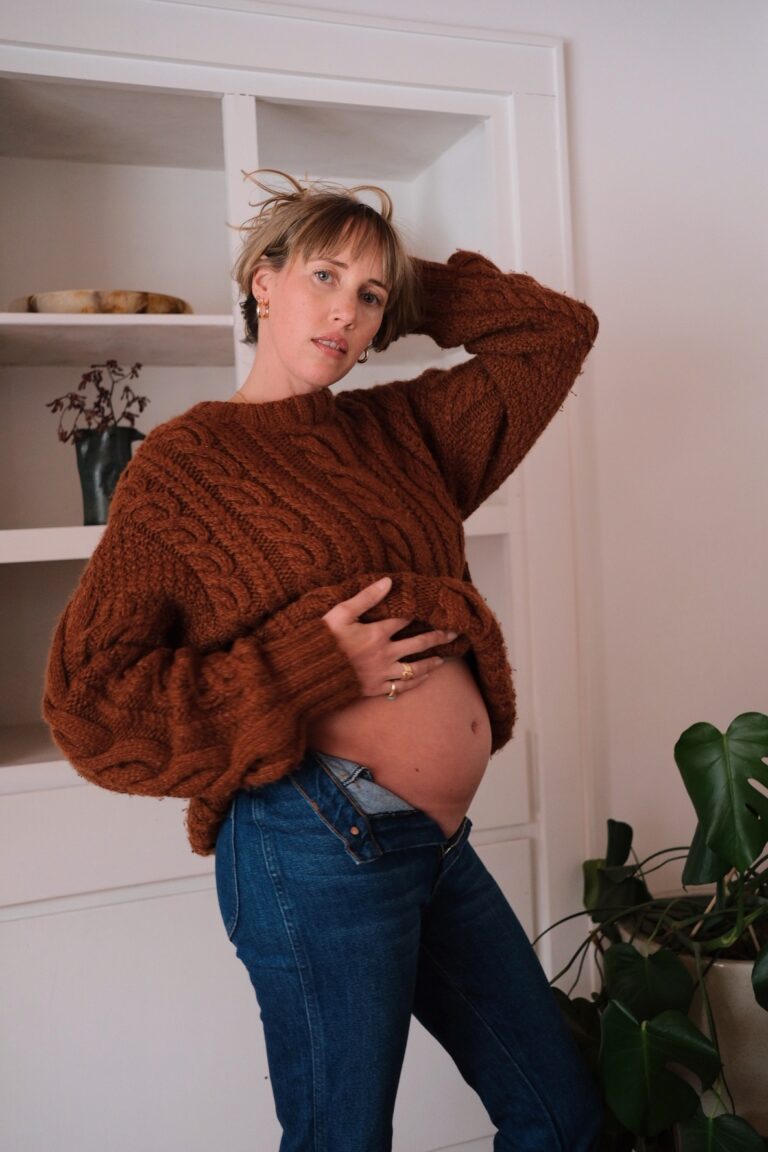
The deeper meaning Fleming found in her work led her to move in a new direction. “My identity was tied up in working in magazines, but my career had hit a ceiling of enjoyment,” she says. “Young women used to look at Anna Wintour and think, ‘That’s the job I want’, but 15 years in, you realise you have no interest in that role anymore. You’re at the behest of advertisers, you no longer have six weeks to investigate a really good story, everything’s faster with less of a budget, writers aren’t being paid what they’re worth and, most importantly, you’re working your butt off to make the white men who own the company richer while your colleagues struggle to pay their rent because they should be grateful to work there. Something didn’t add up.
Around this time, Fleming sat down with founder and CEO of The Helm, Lindsey Taylor Wood. She was on assignment for Harper’s Bazaar, and what was supposed to be a 30-minute interview turned into a two-hour lunch.
“We talked about everything — democratising access to money, the lack of exposure women have to cultural financial education and how that translates into financial insecurities, and how if women had more money, they would have more power and the world would be a much better place. We got on so well. And then she offered me a job.”
The Helm is a female-led venture capital firm that invests in female founders. Fleming started out by directing its editorial content, building its first-ever editorial website. She then became a partner at the firm, so as well as being Head of Content, she also interviews female founders for due diligence. Describing them as amazing women who’re changing the world for the better, Fleming says she’s been able to talk to women who are “building a carbon-free space plane to get you from LA to Tokyo in an hour, completely overhauling the agricultural supply chain so farmers are paid what they’re owed, creating the first cervical cancer diagnostic test…”
On that topic, Fleming says, “It’s the deadliest gynaecological disease with a five-year survival rate and we still don’t have a diagnostic test for it, whereas they created a prostate cancer test 35 years ago. These women are not only closing inequality gaps, they’re building the companies, technologies and systems that’ll shape our future.”
And that’s not all. In 2015, while working as a freelance writer, Fleming started a jewellery business, Olivia Kane. Offering high-quality, sustainably sourced mood rings made for grown-ups, the brand morphed into fine jewellery and made-to-order engagement rings. Fleming is all about democratising access to jewellery for all, and many of her customers are drawn to Olivia Kane for its use of solid gold, including mercury-free Fairmined gold, and conflict-free recycled gold offered to customers at an accessible price point.
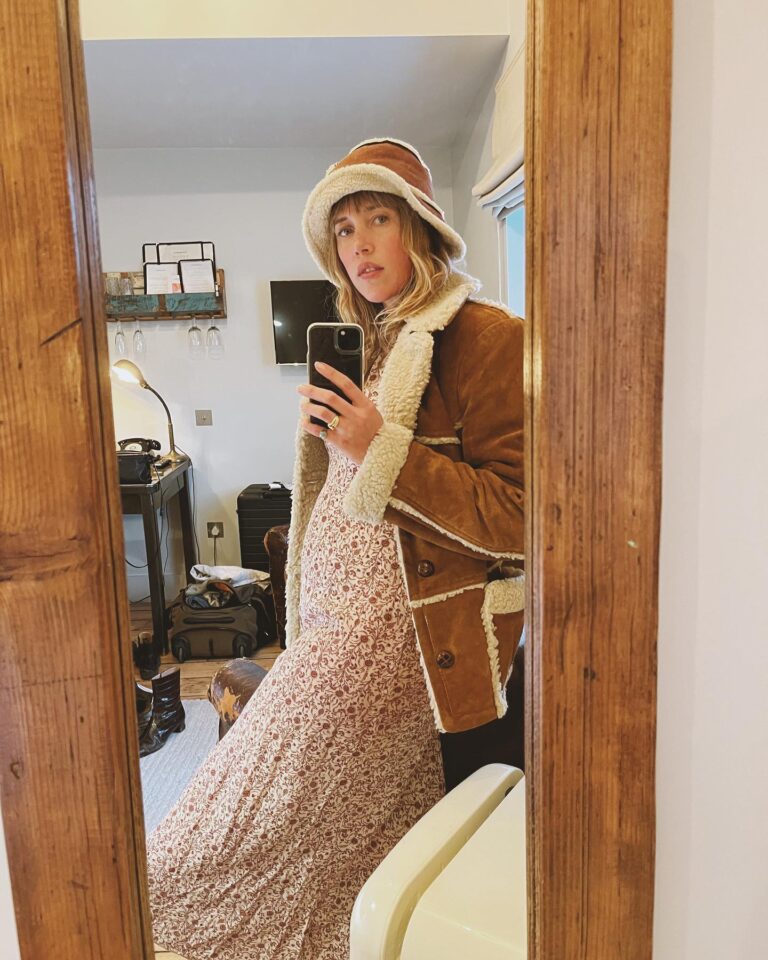
With everything made to order and a lead time of four to six weeks, Fleming is able to balance this with her day job at The Helm, where she also produces a biannual women’s health magazine. The publication looks at the future of women’s healthcare, covering subjects such as the science of understanding individual women’s unique fertility profiles and female-founded start-ups revolutionising what it means to be menopausal.
It’s Fleming’s own fertility struggles that have seen her begin to openly advocate for better education and community around women’s health, including via her personal Instagram account. When we speak, she’s 23 weeks pregnant thanks to IVF, a journey she took after trying to fall pregnant for two years then miscarrying — an excruciating experience. Fleming wants women to talk to each other about their bodies more — whether that’s sharing what their cervical mucus is like (“because that can determine how the sperm swims to the egg”) or what it takes to get pregnant.
“You shouldn’t have to do this alone,” she says. “You should have a support network around you. You think it’s going to be easy because you see women posting their pregnancy announcements on Instagram with no explanation as to what it took to get there. You have no backstory — Did it happen on the first try or after eight months of tracking your ovulation? — so your expectations are wildly inaccurate. The more we start talking about fertility and our reproductive organs like it’s normal, the freer we will be. It shouldn’t be shameful or secretive.”
Before we wrap up our call, I ask Fleming if there’s anything else she wants Fashion Quarterly readers to know. She says she wants better financial empowerment for women.
“I knew nothing about money before I started working at The Helm. Girls are taught to save money, whereas boys are taught how to build their wealth. Boys grow up learning by osmosis, they’re in these conversations with their dads, but girls aren’t brought into those discussions. We don’t learn about how to make our money work for us, how the stock market works, how angel investments work or even how buying art can be a valuable alternative asset and diversification of your financial portfolio. I didn’t even know what a financial portfolio was two years ago! But there are many different ways your money can grow over time.”
Ultimately, this is what Fleming sees as pivotal in enabling women to “actually run the world, and own all the companies, and be making all the decisions”. I leave our video call feeling emboldened, and with the firm impression that Fleming’s purpose-led storytelling and what she stands for are truly a powerful thing.


